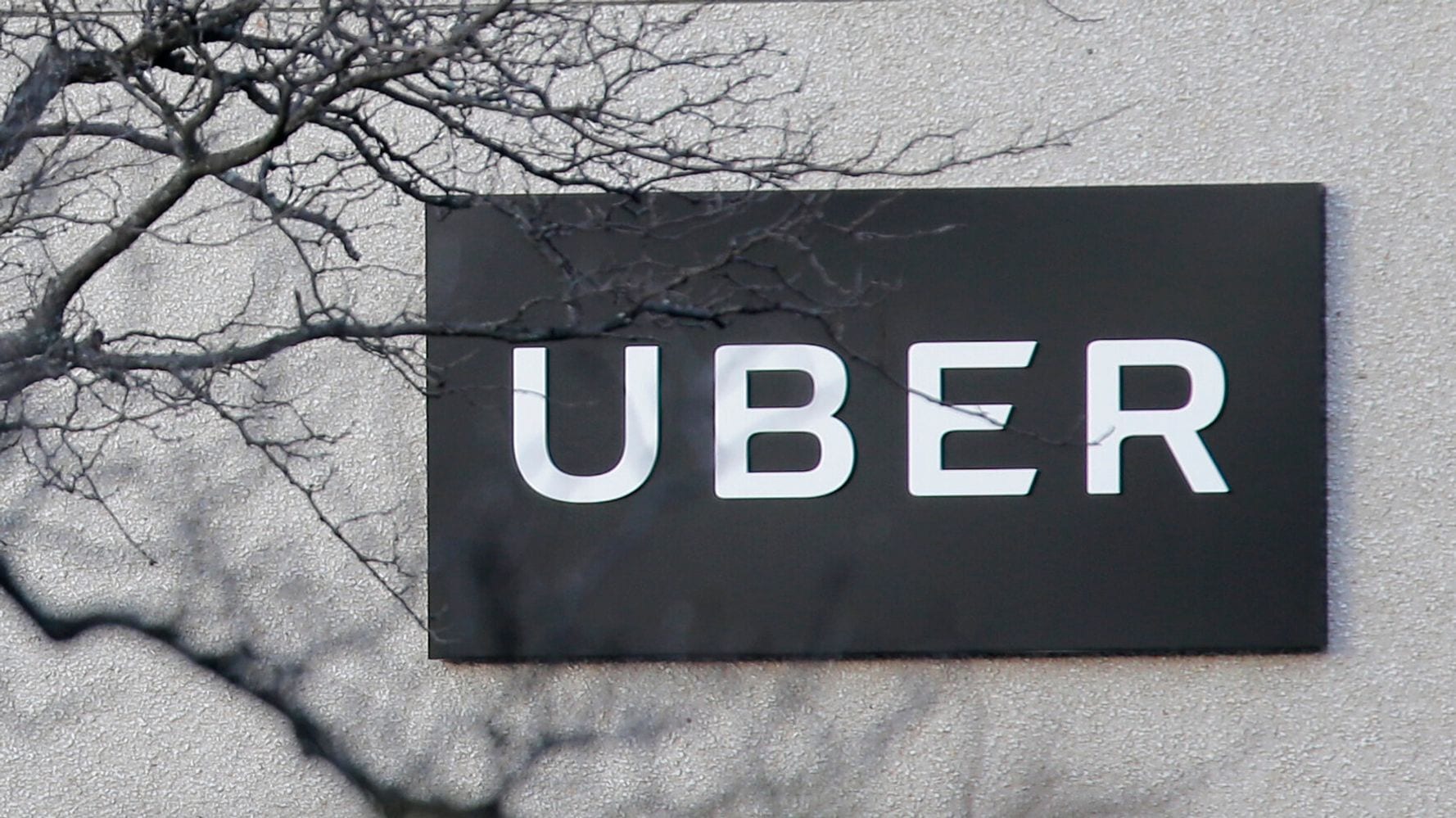[ad_1]
“Normal” is an extraordinary treat at work these days for Dr. Robert Favelukes. He’s been toiling at BronxCare hospital in the Bronx, New York, struggling to help a stream of desperately ill coronavirus patients in an emergency room with the grim, frantic atmosphere of a military MASH unit.
So when 100 healthy, nutritious meals arrived earlier this month, nearly at the emergency room door amid a long, grueling shift, Favelukes got just what he was craving most: normal. He took a break with his chicken, brown rice and vegetables along with others to chat in a tent outside serving as a “lounge” for the hospital’s health care providers.
The constant press of the demands due to COVID-19, the disease caused by the coronavirus, is “a bit like having a guillotine over your head,” Favelukes told HuffPost. “It’s a relief to sit down over a meal with colleagues. It lets you step back from the chaos, and begin to feel like a regular person again.”

The emergency room doctor is one of thousands of beneficiaries of a new grassroots group in New York City, Feeding the Frontlines, which arranges to get free healthy meals to hospital workers. The food is provided by local restaurants, which are facing their own difficult struggles amid the pandemic.
The organization was the brainchild of Manhattan-based bank strategy associate Dara Shapiro, who had listened to friends in health care talk about how hard it was to find the time — and the food — to eat during their crushing shifts. She was also concerned about the toll on small businesses in the coronavirus outbreak.
“I started Feeding the Frontlines to accomplish two goals: support local businesses and feed frontline health care providers hit hardest by COVID-19 in New York and New Jersey,” she told HuffPost. “I felt so helpless reading the news every morning, and I wanted to do what I could to make a difference.”
The volunteer organization identifies hospitals that could use the help — and restaurants to make and deliver the meals. Though emergency room workers are the focus, meals are provided to as many workers as possible on a shift, including security guards and social workers, according to Shapiro.
Started just three over weeks ago, the group has already raised $25,000 and fed 2,006 workers at 31 hospitals, using meals from 25 local restaurants.

It’s far more difficult for frontline health care providers to eat during work than the public may realize.
There is no cafeteria at BronxCare, only a café without a wide range of food. Several hospitals in the city have closed their cafeterias amid the pandemic. Many neighborhood eating spots near BronxCare and other hard-hit hospitals have also shut down.
Even hospitals with full cafeterias that remain open present a major challenge for health care workers battling COVID-19. To enter a cafeteria to choose and eat their food, staffers have to “unsuit.” Under health regulations, that typically means disposing of their protective gear of masks, gowns and head coverings, which are in critically short supply in hospitals across the nation.
Shapiro reached out to BronxCare after spotting a GoFundMe appeal for money to help pay for pizzas for the staff.
Favelukes ate one of the first set of meals provided by Feeding the Frontlines a short time later. “Don’t get me wrong: I love a good pizza,” he said. “But it’s nice to mix it up with some healthier food.”
Feeding the Frontlines has focused on hospitals in the metropolitan area that typically don’t get the press or foundation money and contributions of the better-known Manhattan institutions. Shapiro and group volunteers also track the news and other information to identify hospitals particularly hard hit by COVID-19, and reach out to restaurants to arrange the meals.
To support the local restaurants, Feeding the Frontlines fundraises to purchase low-cost meals at $10 each from the eateries, which are then provided to health care workers for free.
The restaurant Ox Verte provided meals at BronxCare. Another restaurant, James, in Prospect Heights, Brooklyn, recently delivered 100 grain bowl meals with “anti-oxidant elixirs” of ginger and turmeric to SUNY Downstate Medical Center in the borough. James did a second run Tuesday of another 100 meals to Kings County Hospital, next door to Downstate.
The first time, restaurant owner Deborah Williamson brought the meals over by Uber, and a suited-up crew rushed out from the emergency room to collect the bags of the individually packaged meals, making certain to keep a safe distance from Williamson.
“It really touched me. You could see the exhaustion in their eyes,” said Williamson. Streets in New York can seem so normal, she noted, “then you turn a corner and it’s so dark” — like the scene at SUNY Downstate, where refrigerated trucks filled with bodies are lined up outside.

Besides the satisfaction Williamson and her team earn pitching in to aid health care staff, the income from the meals has also helped the farm-to-table restaurant survive. Williamson also relies on money from takeout and delivery orders, including James’ “provision” boxes with fresh produce from local farmers’ markets. “The neighborhood has been incredibly supportive,” she said.
It “never occurred to me to shut down,” Williamson added. “If ever there was a time to feed people, it’s now.” But she had to cut the number of her employees from 28 to just five so she can continue to cover her costs.

There are several other organizations feeding health care workers across the nation and in New York, including the similarly named Feed the Frontlines NYC, started by a Manhattan Italian restaurant owner. Former New York City Mayor Michael Bloomberg’s Bloomberg Philanthropies recently announced a $6 million donation to celebrity chef José Andrés’ World Central Kitchen to help feed city hospital workers.
They all share a similar strategy: starting at the ground level to fulfill a basic need.
Andres believes food is the way back from COVID-19, not only for health care workers but for all who need it. In an op-ed for The New York Times last month, he recommended the federal government pay those who are unemployed to feed others who have lost their jobs and are now crowding food pantry lines — rather than, say, pouring money into private oil companies.
“If our leaders step up now with federal aid, food can be the solution — supporting millions of jobs while also feeding millions of people in desperate need,” he urged.
As for Shapiro and Feeding the Frontlines, she doesn’t see it stopping anytime soon. “We’ve raised $5,000 a week on average and have great momentum,” she said. “Each day we are becoming more connected to local community hospitals who need our support and to independent businesses who appreciate the business and opportunity to serve.”

A HuffPost Guide To Coronavirus
Calling all HuffPost superfans!
Sign up for membership to become a founding member and help shape HuffPost’s next chapter



















